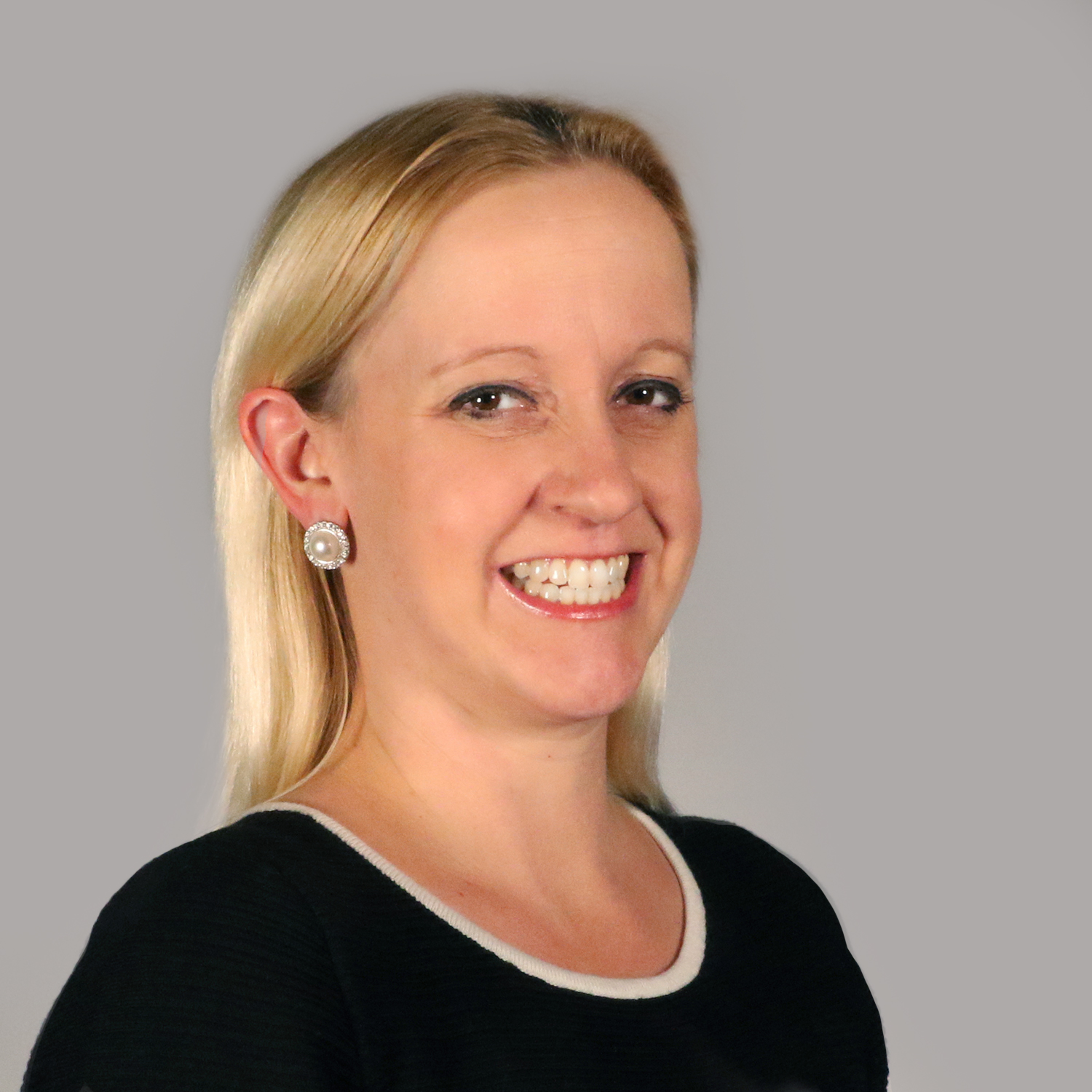Friedman Foundation releases fourth edition of Win-Win report
Synthesis of 100 school choice studies finds positive outcomes in five key areas; report also addresses negative findings related to Louisiana voucher program
INDIANAPOLIS — The Friedman Foundation for Educational Choice today released the fourth edition of its seminal report, A Win-Win Solution: The Empirical Evidence on School Choice.
Authored by Friedman Fellow Dr. Greg Forster, the report analyzes 100 empirical studies about the effects of educational choice programs, including two studies released earlier this year showing negative effects from a voucher program in Louisiana.
READ THE REPORT AND VIEW THE SLIDESHARE:
edchoice.org/WinWinSolution
“Twenty years ago, before this body of evidence existed, there was some excuse for making policy based on speculation, anecdotal observation and intuition,” said Win-Win author Forster. “Today, the effects of these programs are known, and there is no longer any excuse for policymakers and opinion leaders to be ignorant of the facts.”
A Win-Win Solution answers five key questions about the effects of school choice:
- How does school choice affect the academic outcomes of program participants?
- How does educational choice affect nearby public schools?
- Do school choice programs cost or save taxpayers money?
- What is the effect of school choice on racial segregation in public and private schools?
- How do private schools affect school choice participants’ civic values?
Friedman Foundation President and CEO Robert C. Enlow said Win-Win presents overwhelming evidence that school choice is positively transforming the educational landscape.
“Our first Win-Win study included 19 studies; this time around, we were able to look at 100 studies. Every year, we see more and more empirical research that points to the same conclusion: Choice works for students, schools and taxpayers,” Enlow said.
“This synthesis also presents us with our first opportunity to look at two instances of negative findings,” Enlow continued, referencing research released earlier this year showing slight declines in student performance in the Louisiana voucher program.
“Looking at what isn’t working well — and figuring out why — is an important part of our work,” Enlow said. “Educational choice forces us to pursue innovation and opportunity, and we’re committed to improving programs to make sure they’re working well for students.”
There currently are 61 school choice programs operating in 30 states and the District of Columbia.
Learn more about Friedman Fellow Dr. Forster.
###
LISTEN TO THE AUTHOR DISCUSS THE REPORT
ABOUT THE FRIEDMAN FOUNDATION FOR EDUCATIONAL CHOICE
The Friedman Foundation for Educational Choice is a 501(c)(3) nonprofit and nonpartisan organization dedicated to advancing Milton and Rose Friedman’s vision of school choice for all children. First established in 1996, the Foundation is a trusted voice promoting school choice as the most effective and equitable way to improve the quality of K–12 education in America. The Friedman Foundation is dedicated to research, education and outreach on the vital issues and implications related to school choice.




